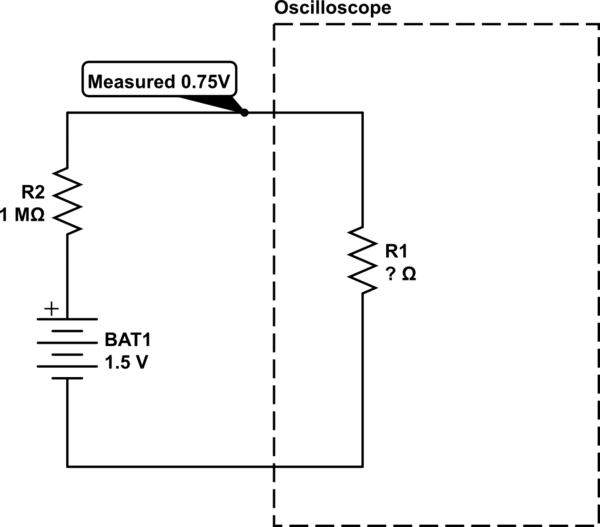Input resistance is just that, the DC resistance, in most scopes it is 1 Mohm. When mentioning resistance we ignore anything which is not (or does not behave like) a resistor. So capacitors and inductors are ignored as these are reactive elements.
As Chupacabras writes in his answer, resistance is for the behavior at DC, so the signal frequency is zero.
Input impedance also takes non-resistive / reactive components into account like input capacitance. So if I would say "the input impedance of this oscilloscope is 1 M ohm" I sort of imply that there is no (zero) input capacitance or that it is so small that we can ignore it.
It would be more accurate to say "the input impedance of this oscilloscope is 1 M ohm in parallel with 5 pF"* then for any frequency you can determine what the input impedance will be.

